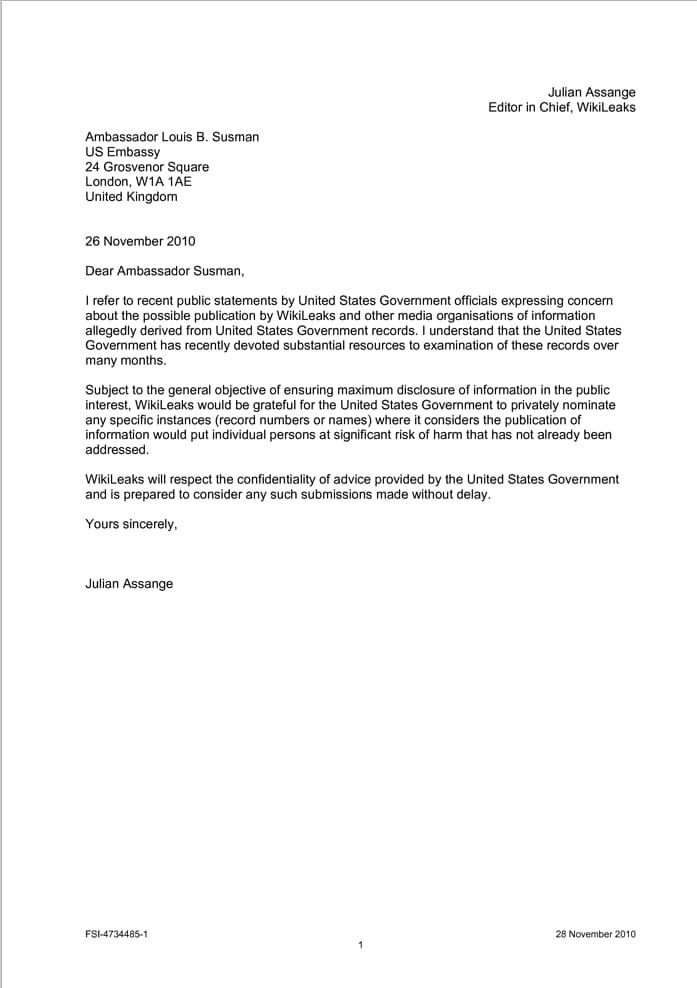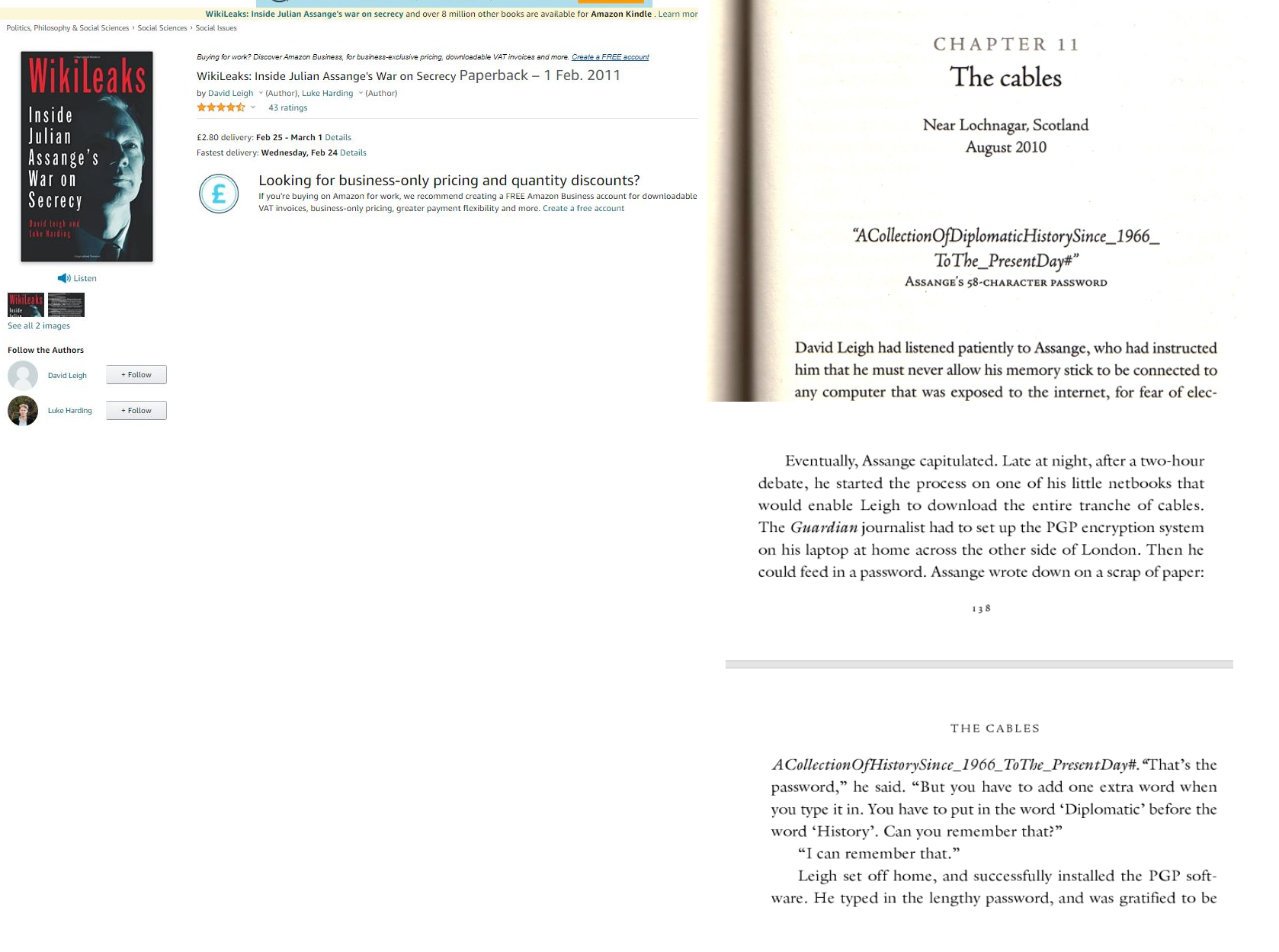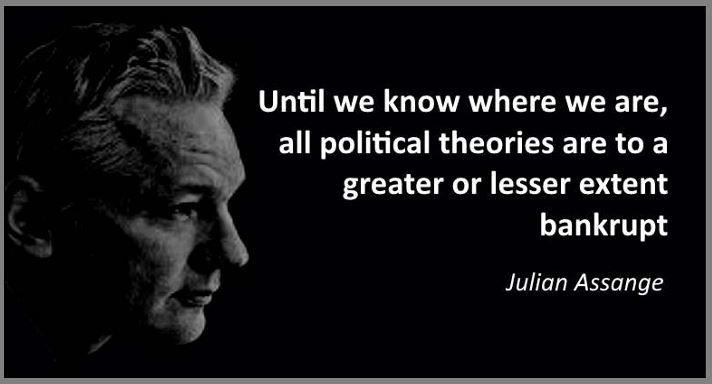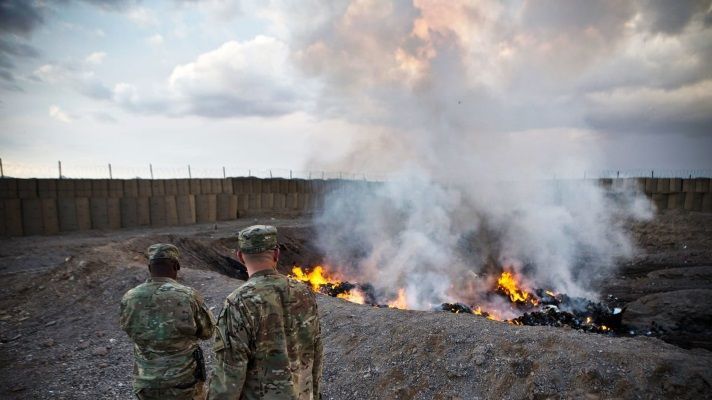Wikileaks harm reduction process
Wikileaks developed a harm reduction process to ensure that their publication would not endanger innocents or put operational personnel at risk.
American journalist John Goetz testified in court that Wikileaks had a very rigorous redaction process.
"Assange himself was “very concerned with the technical aspect of trying to find the names in this massive collection of documents” so that “we could redact them, so they wouldn’t be published, so they wouldn’t be harmed.” He testified that Assange continually reminded the media partners to use secure communications, encrypted phones and apps, and while he seemed paranoid at the time, this is now standard journalistic practice"
Wikileaks worked with the State Department to redact names and sensitive information
Goetz also testified about WikiLeaks and the media partners’ conversations with the U.S. government ahead of publication.
"The media partners also sent a delegation of New York Times reporters, who already had an office in Washington DC, to the White House to discuss the release ahead of time. As the Times’ Eric Schmitt emailed to Goetz immediately after the meeting, the media delegation passed on to the U.S. government that WikiLeaks would not be publishing some 15,000 documents within the Afghan War Diaries, and they asked the White House for any technical assistance they could provide to assist with redactions. That request, Goetz said, was met with “derision.”
Wikileaks redacted more information than the Defeense Department did in Freedom of Information requests
Goetz testified that with future releases, WikiLeaks’ harm-minimization process developed over time, and he said:
"that the organization “overshot” with the Iraq War Logs, and “ended up redacting more than the Defense Department did. Some of the files had been declassified and released under FOIA requests, so one could compare redactions and see that WikiLeaks had concealed more names than the U.S. government had"
